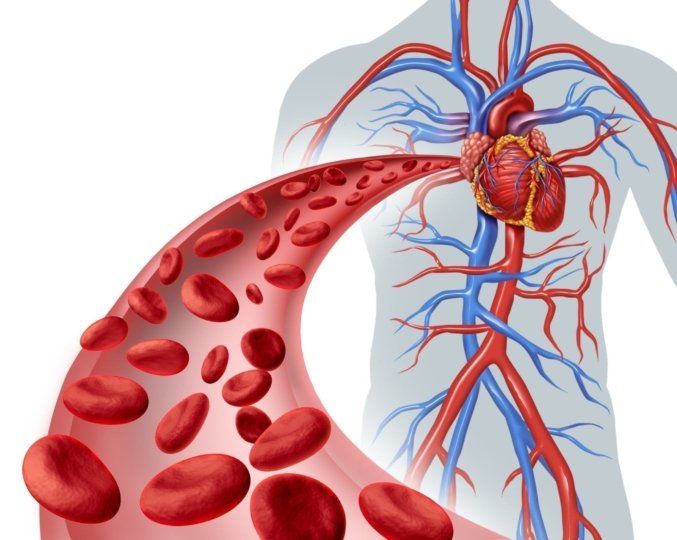High Homocysteine Degree: HOW EXACTLY IT AFFECTS Your ARTERIES
Homocysteine can be an amino acid (a foundation of protein) that’s produced in your body.
How is really a high homocysteine degree harmful?
Large homocysteine amounts in the blood may damage the liner of the arteries. Great levels could also make the blood coagulum more quickly than it will. This can raise the risk of bloodstream vessel blockages. A clot within your blood vessel is named a thrombus. A thrombus can traveling in the bloodstream. From there, it could obtain stuck in your:
- Lungs (known as a pulmonary embolism).
- Human brain (which can result in a stroke).
- Center (that may cause a coronary attack).
Some individuals have very high degrees of homocysteine. They’re at an elevated risk for cardiovascular disease.
What leads to a high homocysteine degree?
Homocysteine is generally changed into other proteins for use by your body. Supplement B helps the body utilize the homocysteine. If your homocysteine degree is too high, you might not be getting good enough B vitamins.
A lot of people who have a higher homocysteine degree don’t get enough folate (also known as folic acid), supplement B6, or supplement B12 in their diet plan. Replacing these vitamins usually helps come back the homocysteine level on track. Other possible factors behind a high homocysteine degree include:
- Low degrees of thyroid hormone.
- Kidney disease.
- Psoriasis.
- Some medicines.
- Once the condition is typical in your loved ones.
How may be the homocysteine degree measured?
Homocysteine is measured utilizing a simple blood check. If your homocysteine degree is too high, you should lower it. That is especially important when you have blockages in your arteries. Sometimes your doctor might take a watchful waiting around approach. This means she or he will monitor your degree closely however, not take steps to lessen it. Your doctor can do this should you have no additional major risk elements for coronary disease and you also don’t have got atherosclerosis (a buildup of plaque in your arteries). If your homocysteine degree increases more, you may want to lower it.
No studies show that lowering homocysteine ranges helps reduce strokes, center attacks, or other cardio conditions. But a higher homocysteine level is really a risk for cardiovascular disease. So that it’s smart to lower it when you can.
Way to improved wellness
How do i lower a higher homocysteine level?
Consuming more fruits and vegetables might help lower your homocysteine degree. Leafy green vegetables such as for example spinach are good resources of folate. Other great sources of folate consist of:
- Several breakfast cereals.
- Fortified grain items.
- Lentils.
- Asparagus.
- Many beans.
You may want to increase the quantity of vitamin B-6 in what you eat. Foods that are abundant with supplement B-6 include:
- Fortified breakfast cereals.
- Potatoes.
- Bananas.
- Garbanzo beans (chickpeas).
- Chicken.
Additionally you may need to raise the amount of supplement B-12 you take in. Good resources of vitamin B-12 include:
- Milk products.
- Organ meats (such as for example liver).
- Beef.
- Some forms of fish.
Adjusting your daily diet might not be enough to lessen your homocysteine degree. If it’s not really, your doctor may claim that you have a folate dietary supplement. You may even need to have a supplement B-6 and supplement B-12 product.
Points to consider
If you begin taking folate or supplement B supplements, you ought to have your homocysteine degree rechecked after 2 months. If your homocysteine degree remains high, your physician may have you get one of these increased dose. You may want to involve some tests to notice when you have another wellness condition that triggers high homocysteine levels. For those who have had a higher homocysteine degree, you may want to have your degree checked more frequently (two or three 3 times per year).
Queries to ask your physician
- Why you have my homocysteine degree to be higher?
- Could a higher level function as sign of another problem?
- MAY I lower my homocysteine degree through diet only?
- Should I have a supplement?
- MAY I ask my physician to check on my homocysteine degree even if I’ve no symptoms?
